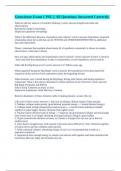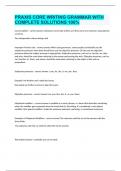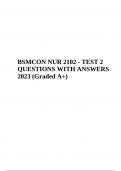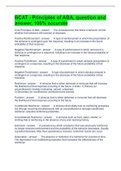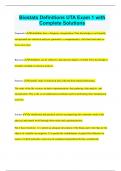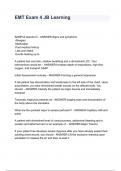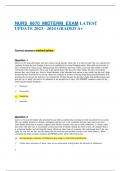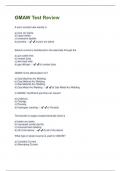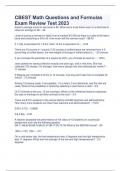Exam (elaborations)
Geoscience Exam 1 PSU || All Questions Answered Correctly.
- Course
- Institution
What are the key aspects of scientific thinking? correct answers Empiricism (data and observations) Rationalism (logical reasoning) Skepticism (question everything) What is the difference between a hypothesis and a theory? correct answers Hypothesis: proposed relationship about the world that ...
[Show more]
